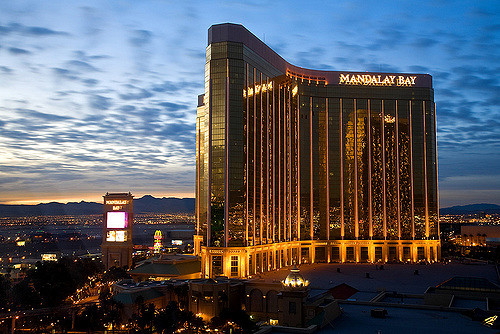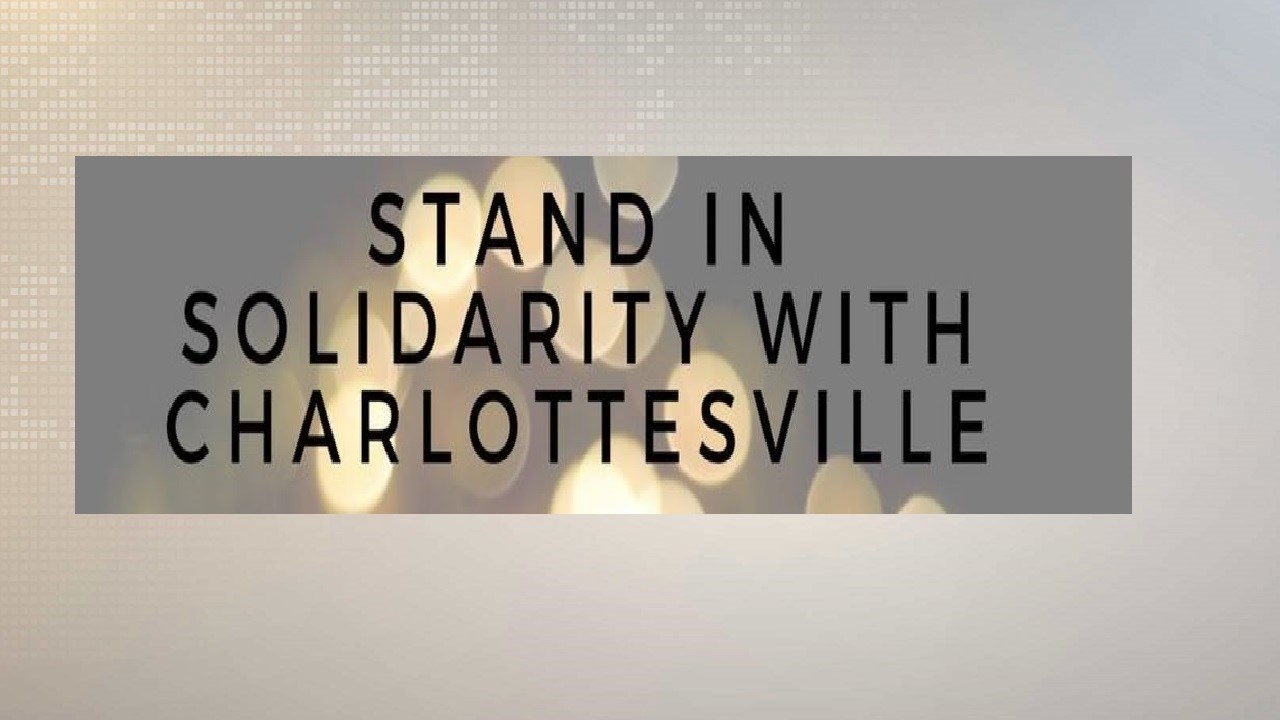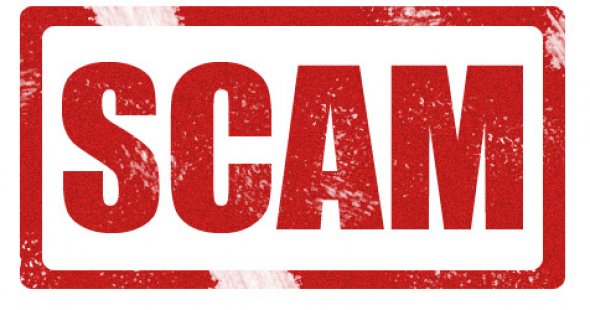Three days ago, Eros-Guide’s call center in Youngsville, North Carolina, was raided by the Department of Homeland Security. On Tuesday morning at 10:30 AM, a dozen black government vehicles converged on parent company Bolma Star Service’s office and data center, beginning a search and seizure operation that would last into the night. They confiscated computers,… Continue reading The Eros Raid Means None of Us Are Safe
Category: News
If You Want to Understand the Violence White Men are Capable of, Ask Any Sex Worker
As a Vegas resident and sex worker for nearly a decade, the massacre there hits close to home. Too close, actually, as knowledge of the shooter’s proclivities for erotic services surface. In fact, my first response to images of the shooter was, “He looks familiar.” I chalked it up to the fact that every white… Continue reading If You Want to Understand the Violence White Men are Capable of, Ask Any Sex Worker
Hugh Hefner: Rapist And Revolutionary
Content warning: this post contains brief references to rape and abuse. Hugh Hefner died. Of course he did. Dude was 91. When my castmate announced it after rehearsal, I didn’t feel shock at the news. Hefner may as well have died when he stopped being the editor of Playboy magazine. Or when The Girls Next… Continue reading Hugh Hefner: Rapist And Revolutionary
Tits and Sass Supports The Anti-White Supremacist Protesters of Charlottesville
For our readers who’d like to help, we put together a list of local organizations which stand against white supremacy and fundraisers for victims of the white nationalist violence at Charlottesville: Fundraiser for the family of Heather Heyer, the counter-protester murdered by a white nationalist driving into a crowd on Saturday. This fund has met… Continue reading Tits and Sass Supports The Anti-White Supremacist Protesters of Charlottesville
Fabrication Used To Scam Sex Worker Community Funds
5/22: THIS WAS A FABRICATION. WE ARE DEEPLY SORRY, ESPECIALLY TO OUR READERS WHO ARE SEX WORKING WOMEN OF COLOR, AND TO THE WOMAN WHOSE PHOTOGRAPH WAS USED FRAUDULENTLY. SEX WORKER COLLECTIVE FUND LYSISTRATA HAS STATED IT WILL RETURN ANY DONATIONS GIVEN TO THEM FOR THIS. LILY FURY IS A FORMER CONTRIBUTOR, AS WERE HER… Continue reading Fabrication Used To Scam Sex Worker Community Funds




